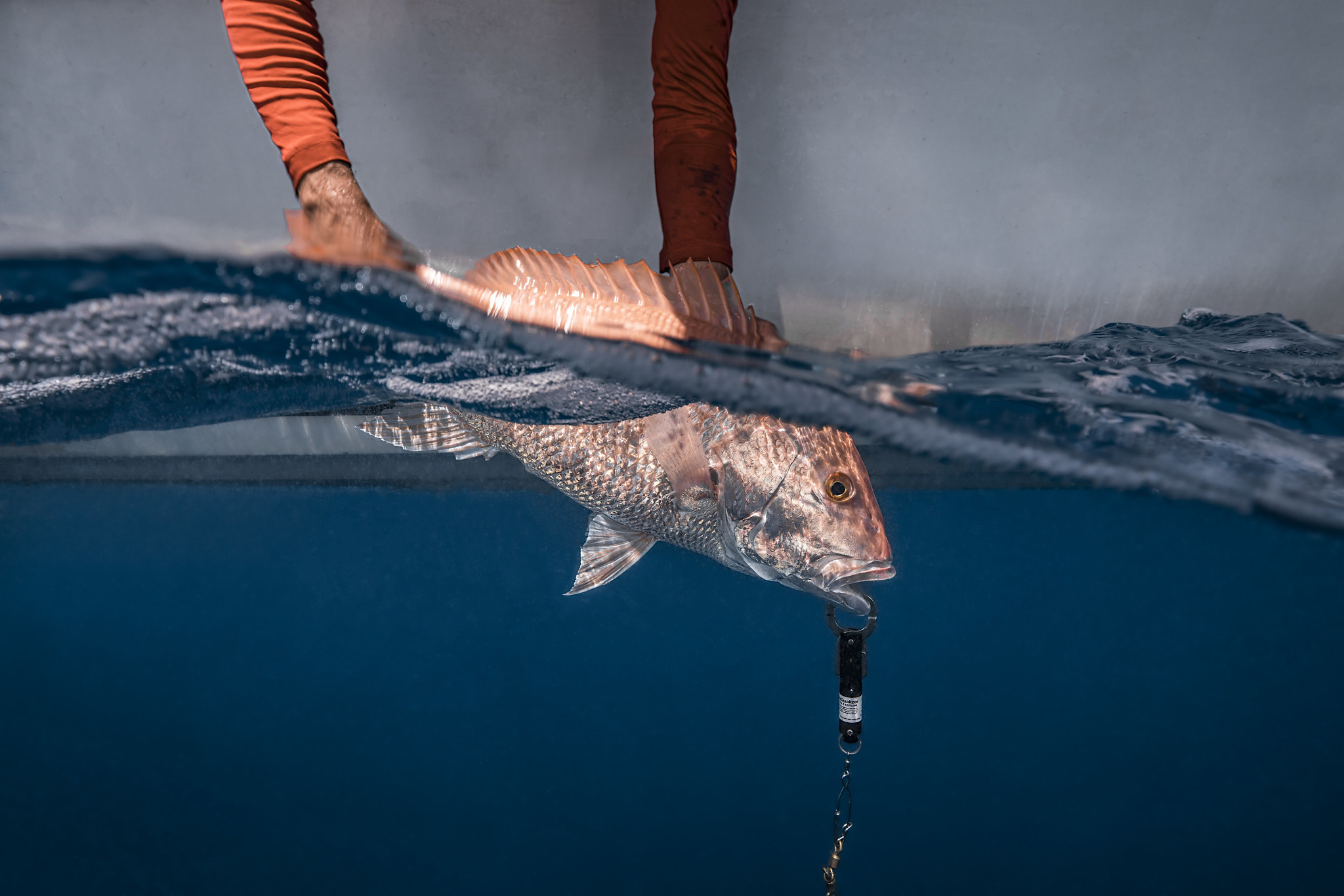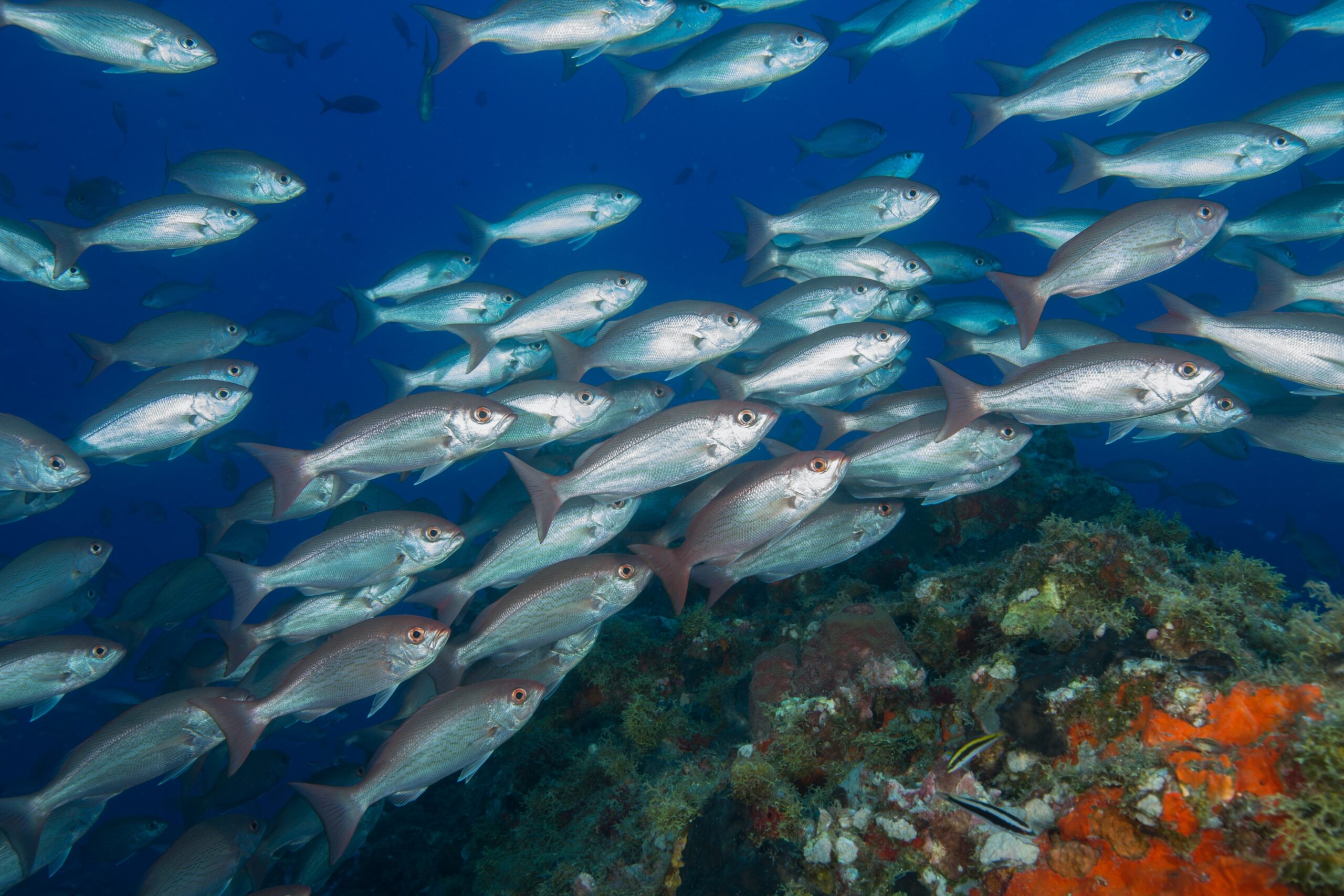NC Sea Grant Announces Winners of the Coastal Resilience Team Competition
Students from the University of North Carolina at Chapel Hill have been selected to receive funding in North Carolina Sea Grant’s first Coastal Resilience Team Competition.

Three team members are graduate students: Anne Smiley, Lauren Grimley and Helena Garcia. Jacqueline Ruiz joins the team as an undergraduate. Under the direction of Antonia Sebastian, they will collaborate on the project: Incorporating Ecosystem Services into Flood-Resilience Planning in New Bern, North Carolina.
“Flood resilience is a topic that spans the natural and social sciences,” explains Anne Smiley, graduate student lead for the project. “As the climate continues to change and floods become more frequent, we must develop strategies to increase community resilience. This is an exciting opportunity to collaborate with fellow students to address the topic of community flood resilience through a convergent lens. The team is excited to work together with the City of New Bern to translate this research to practice and maximize our impact in a region that prone to flood hazards.”

The students represent the departments of Earth, Marine and Environmental Sciences; City and Regional Planning; Public Policy; and the Environment, Ecology, and Energy program. The team will quantify how climate change and alterations to the natural landscape influence ecosystem services. In particular, they will look at flood-risk reduction and water-quality benefits, and will assess the degree to which local plans support protection of the natural landscape.
“This research takes an integrated approach to resilience that makes a crucial connection between impacts of climate change and land-use and development patterns on ecosystems and the services they provide,” says Cayla Cothron, climate resilience extension associate for North Carolina Sea Grant.

“I’m hopeful that their work will generate invaluable information about how these factors are affecting natural systems and socially vulnerable populations, and provide a framework for more holistic and equitable resilience planning that can help communities across NC who are increasingly dealing with these challenges.”
The program will provide up to $20,000 for the team to conduct their two-year project that will lead to more resilient habitats and communities on the North Carolina coastal plain.
The outcomes of this project will serve as the foundation for establishing a living lab in New Bern that links university researchers with local communities to facilitate collaboration on resiliency goals and climate mitigation research. In addition to presenting findings to the NC Sea Grant Advisory Board, the team will share their results at conferences, scientific journals, and other media outlets.
##


